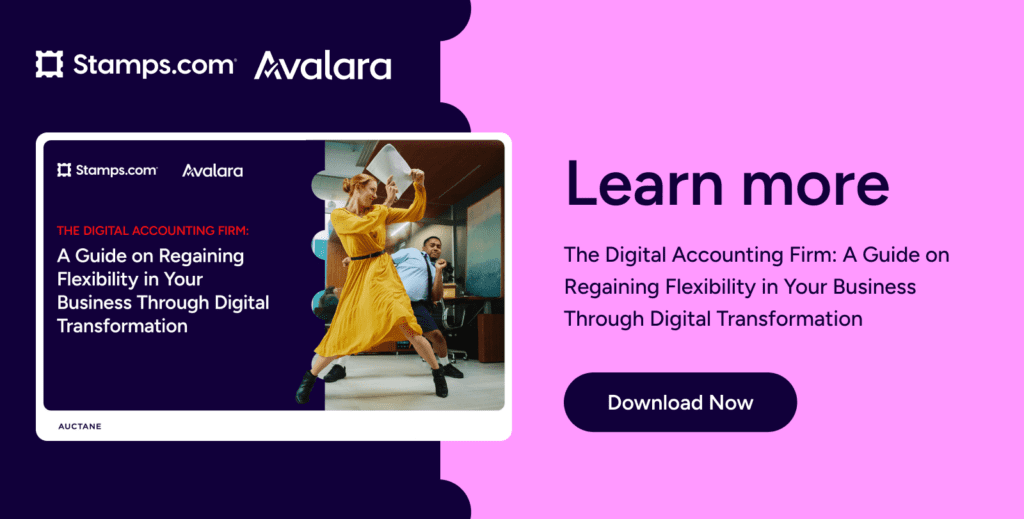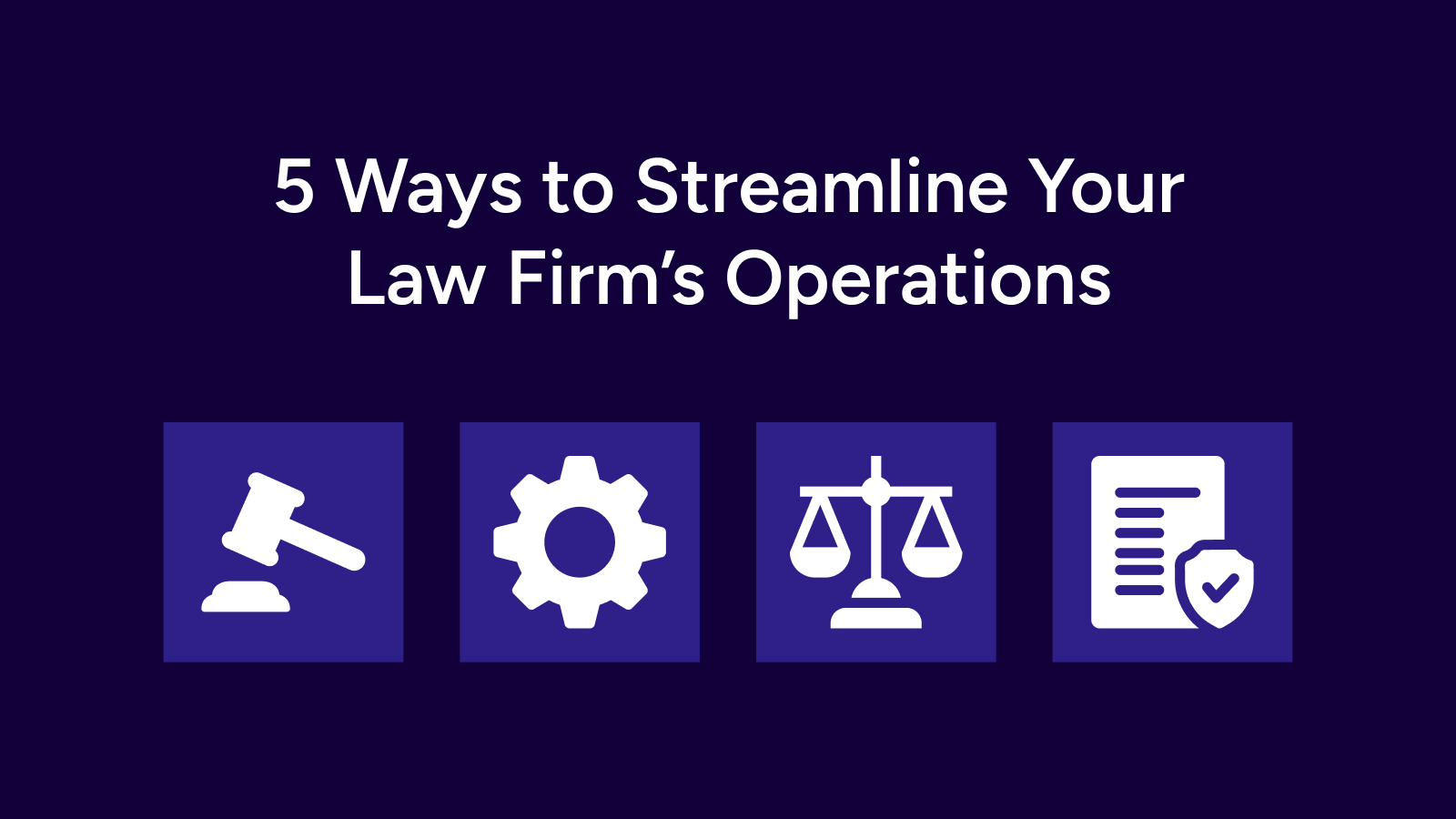
As an accounting professional, you’re already an expert when it comes to finances. But are you as skilled at budgeting your other resources, such as time and labor?
Operational efficiency is key to cutting costs and staying competitive against other top accounting firms. The trick is to boost productivity while reducing waste. That may sound tough, but it’s easy if you rely on modern digital tools. Here are five tips to help you improve your accounting firm’s operations and increase efficiency.
1. Automate Repetitive Tasks
How much time do your team members spend on tedious, repetitive tasks? This doesn’t just make their jobs more boring—it also wastes valuable time and leaves room for error. Automating those tasks is the first step in boosting efficiency.
Common accounting tasks that can be automated include:
- Data entry
- Bookkeeping
- Payroll processing
Automation will not replace your current staff. Instead, it frees their time for more valuable work that can only be done by humans, such as customer interactions and complex decision-making. It can also reduce your hiring needs as your accounting firm takes on more clients and a bigger workload.

2. Implement a Centralized System for Client Communication and Document Management
Disorganization is one of the biggest time-wasters in any business. And as your business gets bigger, it becomes more difficult to stay organized.
Having the right system will help keep things organized. A centralized platform—preferably a cloud-based one—will prevent miscommunications and ensure everyone has access to the documents they need, when they need them. Communicating within the platform eliminates the need for emails, which can get lost in the shuffle or become unclear when too many people are added to the same conversation.
Clients can also have limited access to the platform through client portals. The portals allow them to send direct messages to your team, rather than emailing, and they let clients view certain data pertaining to their account so they can answer their own questions. It’s more efficient for everyone involved!
3. Find the Right Cloud Accounting Software
Accounting software allows you to automate tasks and can help streamline communication. It can also simplify everyday accounting tasks like invoicing, expense tracking, and reporting. However, not every software program will meet your company’s needs. The trick is to find the program that fits your budget and priorities.
Most modern businesses opt for cloud-based accounting programs instead of on-site solutions installed on company computers. Cloud software is generally more affordable and can be accessed from any device, anywhere in the world. This is particularly helpful for digital account firms that are remote or hybrid.
When comparing accounting software programs, start by deciding which features are most important to your team. Some popular features include:
- A clear, user-friendly interface
- AI-powered automation
- Online invoicing
- Multi-currency capabilities
- A mobile app
Many software programs offer free trials—don’t hesitate to test out a few options and review with your team to make sure you find the perfect fit.
4. Optimize Your Workflow with Project Management Tools
While accounting software is a huge help for accounting-related tasks, the right project management tools can help with overall organization and efficiency. Programs like Monday.com, Zoho, and Trello are designed to keep workplaces running smoothly, even if the whole team is remote.
Every project management tool has its own unique interface and functions, so it’s important to shop around. For example, Trello uses a task board model that allows users to categorize projects as they work. Other platforms operate as digital workspaces to send chats, share links, and even plan an after-work cocktail hour. Visualizing workflows helps teams stay on track and can reduce the need for time-consuming meetings to assign and assess tasks.
Many project management tools also offer a free plan, so you can try out a few options and see what works best for your team.
5. Don’t Be Afraid To Outsource
Outsourcing might sound like a scary word. After all, isn’t it always better to handle your work in-house? While that might be true for accounting-related tasks, you can save money and produce better quality work when you outsource specialized jobs to experts.
Marketing is a great example. Small accounting firms may not have an in-house marketing team, but they still need a website, brand, and content to find new clients. Rather than hiring a marketing pro, they can outsource those tasks to a digital marketing firm or a freelancer. Other tasks that are easy to outsource include:
- Tax compliance
- IT support
- Payroll processing
- Legal work
The availability of remote work has made outsourcing easier than ever. For short-term jobs, consider contracting professionals through a freelance platform like Fiverr or Upwork. Digital agencies also offer affordable contract work. By outsourcing to experts, you won’t have to sacrifice quality, and your team can focus on the work you hired them for.
Streamline Your Accounting Firm’s Operations With Stamps.com
Modern companies have to keep up with a fast-paced, competitive, and highly digitalized business world, and accounting firms are no exception. Fortunately, streamlining operations in your accounting firm is easier than you might think. It all comes down to finding the right tools.
Looking for more tips to digitize your accounting firm? Check out the Stamps.com ebook: “The Digital Accounting Firm: A Guide to Regaining Flexibility Through Digital Transformation.” You’ll find more details about the best software tools and how they’ll improve your accounting firm’s operations, along with how to build your accounting firm’s digital foundation.



